From manitoulin.ca link to article by Michael Erskine, July 10, 2019

ANISHINABEK NATION – A recent announcement by the provincial government that it would be awarding another 50 retail licences in the province, eight of which will be reserved for First Nation communities, has raised significant concerns over jurisdiction for First Nations in the province.
The Chiefs of Ontario passed a motion exerting control over all matters cannabis during the June 13 45th Annual All Ontario Chiefs Conference in Sault Ste. Marie.
“There was little or no community consultation by the federal government and there are still no provisions in the legislation which address First Nation social and cultural needs, and rights to economic development, health and public safety,” the resolution reads. The resolution acknowledges that First Nations may consider following federal and provincial regulations while exploring opportunities within the cannabis industry, but it clearly defines that First Nations have the jurisdiction to establish their own laws and regulations.
“First Nations must have their autonomy and authority recognized as rights holders at the table as governments when asserting their interests in the cannabis sector,” reads the resolution. The resolution goes on to assert that First Nations jurisdiction over its own operations, which includes “regulation of the growth, processing and sale of cannabis and in all its derivatives.”
The Chiefs of Ontario called on the federal and provincial governments to eliminate barriers and to desist from interference that would impede nation-to-nation trade and commerce.
“Limiting those number of stores is contrary to what we call community sovereignty—that is those communities making their own decisions whether they’re going to operate a retail cannabis operation,” said Ontario Regional Chief RoseAnne Archibald shortly after the news of the provincial expansion broke. “It’s an attempt by the government of Ontario to assert its jurisdiction where it doesn’t belong.”
Under the Canadian constitution, jurisdiction in First Nations is a federal power.
“Why are these rules coming from the province?” asked Anishinabek Nation Grand Council Chief Glen Hare. “There was just a big raid on the Kettle and Stoneypoint First Nation. These raids are causing a lot of questioning in our territories. It is up to the First Nations as to how we want to regulate this in our communities.”
Grand Council Chief Hare noted that the bar for entry into the industry under the provincial game rules is far too high for most communities or individual Indigenous entrepreneurs to meet. “They want a $250,000 investment and a bond of $50,000, that’s $300,000; not many of us has that kind of money to put together that quickly in our communities,” he said. The turnaround time for the provincial licences is July 29.
Grand Council Hare quickly turned the question of cannabis regulation and enforcement around to what he said was a real crisis in the communities he represents.
“They are doing these raids over these pot stores, but there are far more serious problems in this province with hard drugs, where is the action on that? We are not seeing it,” he said. “There needs to be a better balance, in my opinion.” Grand Council Chief Hare was quick to point out that he is not directly involved in the question of cannabis at an official level. “It is up to the communities to decide for themselves how they want to approach this, but it is up to them and not for the province to decide. The province should take their hands off of this, it is our business. Let us do what we want to do, it is not a provincial matter.”
As of writing the Aundeck Omni Kaning and Wahnapitae First Nations had held referendums on the retail sale of cannabis within their territories, with both showing support for the industry expansion and economic opportunity potential.
Several Island First Nations communities are currently in a consultation and education process regarding how cannabis will be dealt with within their territories.
In order to collect a good representative sample of both its on-and off-reserve membership during the busy summer season, Sheguiandah First Nation is utilizing both a three poll canvas and a mail-in ballot option. The first two plebiscites took place on May 30 and June 12 with the third and final vote slated for July 13. The consultation vote includes both closed (yes/no) questions on whether there should be band regulation and more open-ended questions on how that process would take place.

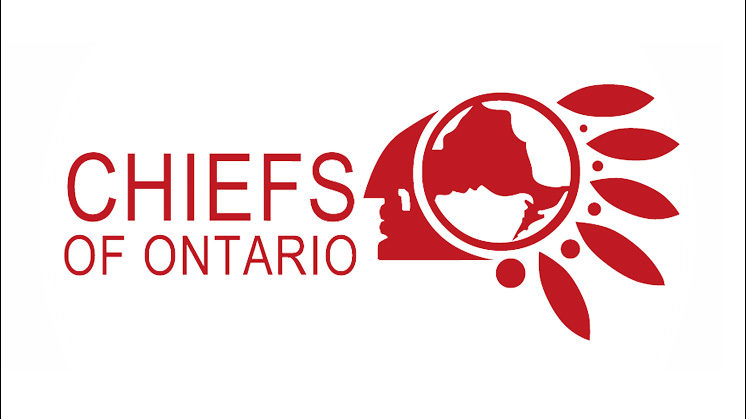




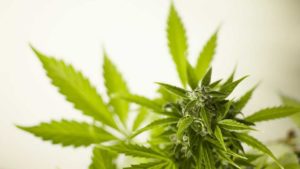
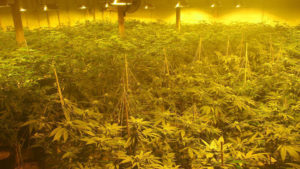
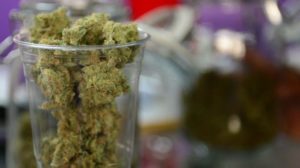


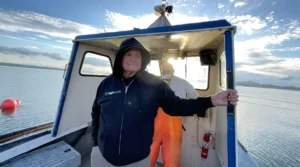

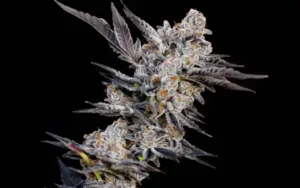





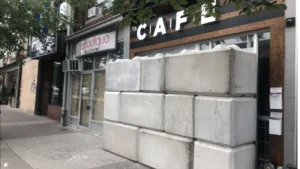
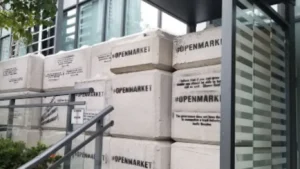
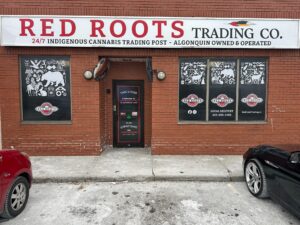
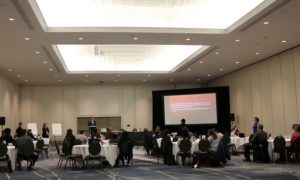
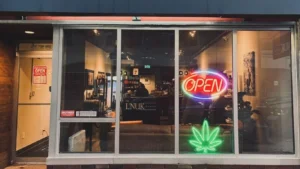



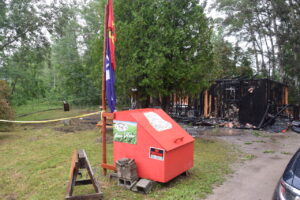
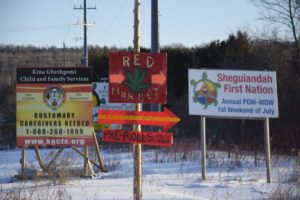
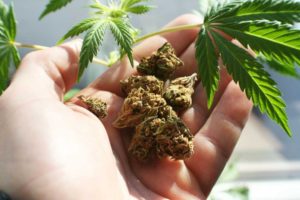
Comments are closed.